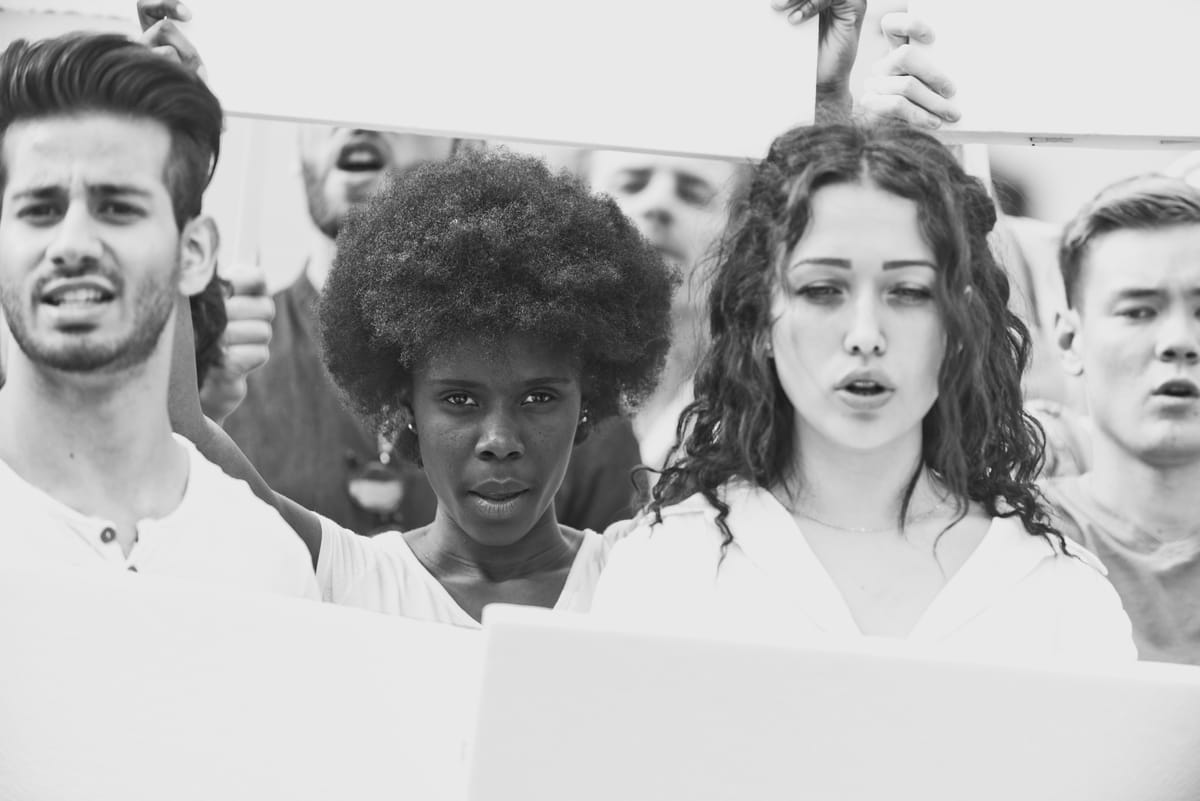The United States Supreme Court has been the stage for numerous landmark decisions that have significantly impacted American society. These cases, often contentious and controversial, have sparked nationwide debates on a variety of issues ranging from civil rights to free speech. They've shaped our understanding of constitutional law and continue to influence legal discourse today.
In this blog post, we'll delve into ten such cases - each one sparking its own unique debate across the nation. We will explore their background, examine their rulings, and consider their lasting impact on American jurisprudence.
Brown v. Board of Education (1954)
This case marked a turning point in America's struggle against racial segregation in public schools. The court unanimously ruled that "separate but equal" facilities were inherently unequal violating the Equal Protection Clause of the 14th Amendment.
Roe v. Wade (1973)
A highly divisive case even today; it recognized women’s constitutional right to privacy extends to her decision whether or not to have an abortion under certain conditions thereby striking down many state laws restricting abortions as unconstitutional.
Miranda v. Arizona (1966)
This ruling established what are now known as Miranda Rights – ensuring suspects are informed about their Fifth Amendment rights during arrest procedures including right against self-incrimination and right to counsel which must be read out before any questioning takes place by law enforcement officials.
Gideon v. Wainwright (1962)
The court held here that states are required under Sixth Amendment provisions incorporated via Fourteenth amendment due process clause provide counsel criminal defendants unable afford attorney themselves thus fundamentally changing way criminal justice system operates particularly for indigent defendants.
Obergefell v. Hodges (2015)
This landmark case legalized same-sex marriage across all 50 states. The court held that the Fourteenth Amendment requires a state to license a marriage between two people of the same sex and recognize marriages lawfully performed in other jurisdictions, thus ensuring equal protection under the law regardless of sexual orientation.
United States v. Nixon (1974)
In this historic ruling, Supreme Court ordered President Richard Nixon hand over White House tapes during Watergate investigation asserting no absolute executive privilege allowed president withhold information from criminal trial thereby reinforcing principle nobody not even president is above law.
Citizens United v. Federal Election Commission (2010)
The decision here drastically changed campaign finance laws by ruling corporations unions could spend unlimited amounts money political campaigns as form protected speech under First Amendment sparking ongoing debate about influence money politics today.
Bush v. Gore (2000)
This controversial decision effectively decided outcome 2000 presidential election favor George W Bush halting Florida recount on grounds it violated Equal Protection Clause due inconsistent methods used different counties creating nationwide discussion about electoral process voting rights still relevant today especially light recent debates around mail-in ballots voter suppression allegations.
Dred Scott v. Sandford (1857)
A pre-Civil War case where Dred Scott, an enslaved man who had lived in free territories sued for his freedom. The Supreme Court ruled against him stating African Americans were not citizens and therefore couldn't sue in federal courts. This intensified tensions between North and South leading up to Civil War.
Plessy v. Ferguson (1896)
In Plessy V Ferguson, the Supreme Court upheld racial segregation under the "separate but equal" doctrine. This ruling legitimized Jim Crow laws and perpetuated systemic racism for decades until it was overturned by Brown v Board of Education.
These cases serve as a testament to the power of judicial review in shaping American society. They've sparked nationwide debates that have led to significant social change - sometimes progressive, other times regressive. Regardless of one's personal views on these decisions, their impact is undeniable and continues to be felt today.
The Supreme Court’s role in interpreting our Constitution ensures its relevance across generations; each case serving as a reflection of societal values at that point in time while also influencing future legal discourse. As we continue into an era marked by rapid sociopolitical changes, there will undoubtedly be more landmark cases sparking nationwide debate – further emphasizing importance understanding past rulings navigating future ones.
Stay Ahead with Etalia.ai
🌟 Discover More with a Subscription 🌟
If you've found this deep dive into delving into cases that sparked nationwide debate, there's so much more to explore with Etalia.ai. Our platform is dedicated to bringing you insightful, meticulously researched content that broadens your understanding of crucial legal and political issues.


